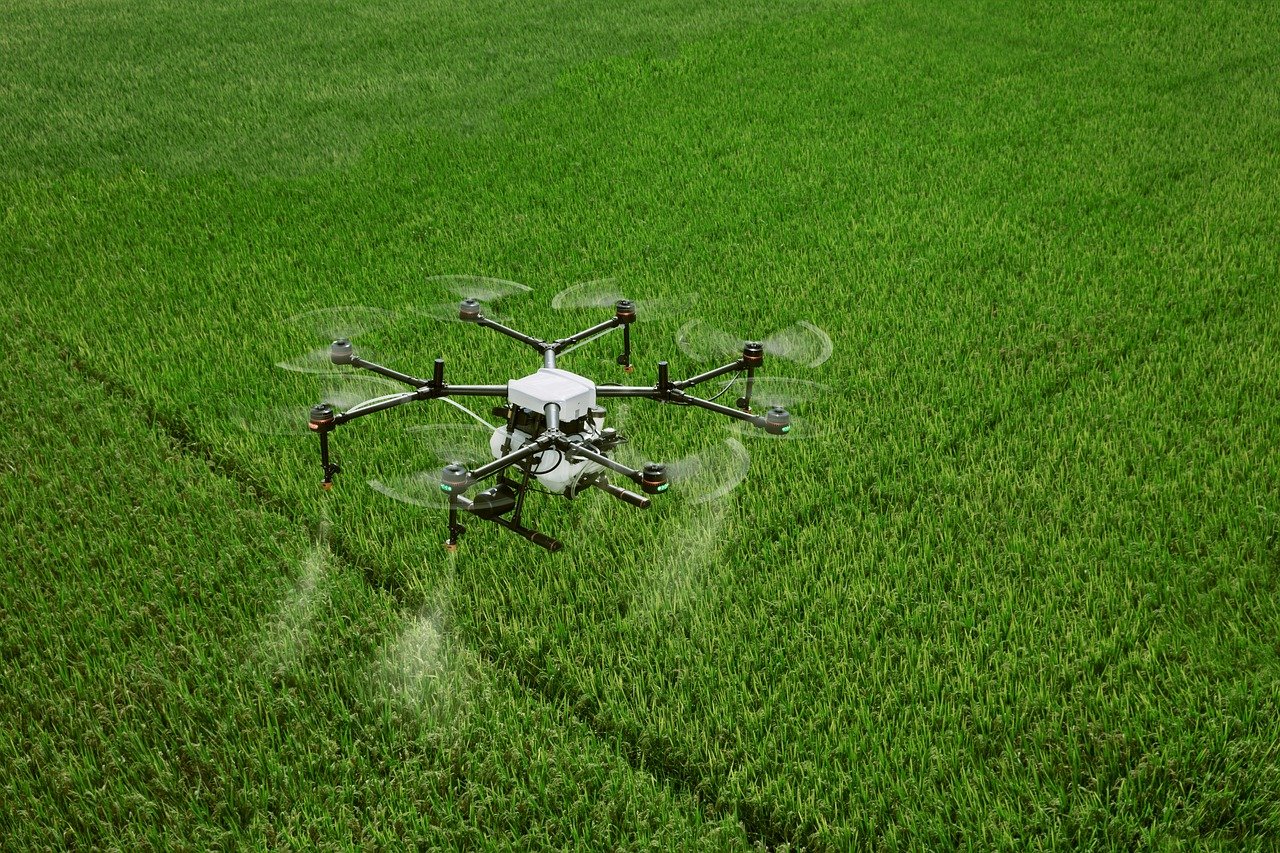Brussels, 29 November 2024
To unlock the power of digital and data technologies, it is essential to foster the development and use of standards and platforms designed to fit specific sectoral needs and organisational frameworks.
The European Commission has released a report by the Walton Institute called “Boosting the Twin Transition in Agriculture and a Resilient Innovation Ecosystem: Standards and Platformisation in the Spotlight”. This report examines the role of technology standards and digital platforms in transforming the agricultural sector. It is part of Europe’s commitment to advance competitiveness alongside the digital and green transitions in agriculture. The capitalisation of data, e.g. through AI, as well as the role of standards will form central focal points in the work of the future Commission.
The report brings together empirical assessments and insights from a wide range of stakeholders. It highlights the importance of formal standards and quasi-standards in ensuring interoperability across agricultural technologies. Digital platforms are recognised for their role in facilitating innovation, data exchange, and collaboration within the AgriTech sector.
It discusses the relevance of platforms and different types of standards for the digital and green transitions in agriculture in the EU as well as opportunities and challenges of their effective use in serving the sector and the innovation ecosystem. Several challenges are identified, such as the fragmentation in the “landscape of standards”, a lack of capacities, the approach to work in project cycles and/ or at the level of a use case, as well as the diversity of the agricultural sector.
Cross-sector coordination is essential to reduce overlapping or competing standards; it is also important for the way the sector’s interests are considered in innovation processes, since it has a high number of very small companies with no expert knowledge in standards. Supporting broader adoption of existing standards can also help address compatibility issues in the sector.
The report offers several targeted policy recommendations. It suggests that EU policies foster a supportive environment for adopting standards across agriculture. This could involve financial incentives or technical guidance to help organisations implement standards effectively. The report also emphasises the importance of scaling innovation through policies that encourage digital transformation and environmental sustainability, including proposals for the implementation of EU programmes.
In addition, the report recommends building frameworks for collaboration among stakeholders. This approach would ensure that standards development is inclusive of diverse perspectives, including small and medium-sized enterprises (SMEs) and farmers. The report also calls for continuous monitoring of new and emerging technologies. This would help ensure that standards evolve in step with technological progress. Authors identify research and knowledge gaps to be further investigated, e.g. the extent to which actors in the innovation ecosystem are cyber-aware and the role of standards in this context.
By prioritising standards and platform development, the report envisions a resilient and sustainable AgTech innovation ecosystem and a lever for the performance of the agricultural sector. This approach aligns with Europe’s goals for environmental sustainability, digital transformation, and a competitive agricultural sector.
Read more about the digitalisation of the European Agricultural Sector.
Read the Report
Download: Boosting the Twin Transition in Agriculture and a Resilient Innovation Ecosystem
Source – EU Commission

